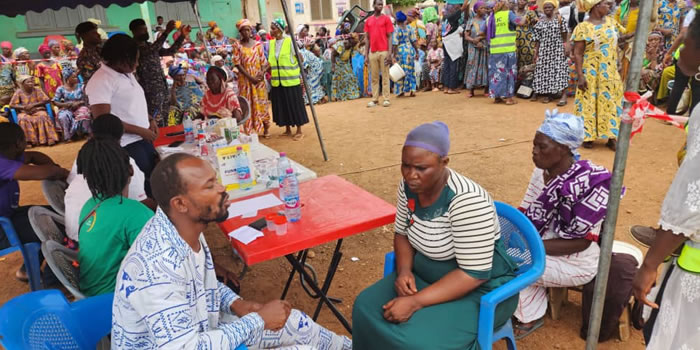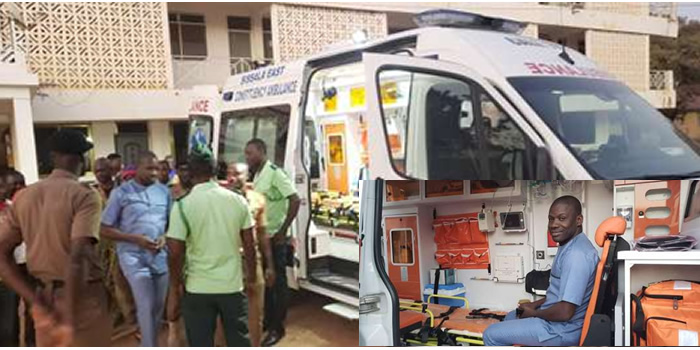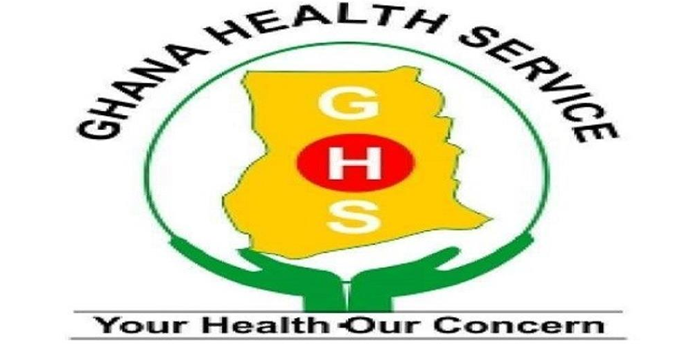

HEALTH
Four Sissala communities record 49 teenage pregnancies in 2017
The Kulfuo Sub-District of Sissala East Municipal in Upper West Region recorded 49 teenage pregnancies in 2017, health officials have said, with 15 of them believed to be in their teens going into marriage.

Date Created : 3/21/2018 4:02:39 AM : Story Author : GNA
The staggering figure registered in four communities had Challu community topping the list with 17 recorded reported cases, followed by Mwanduonu 15, Kulfuo 12 and Tarsaw five, making a total of 49 in the sub-district.
Mr Rauf Bawa Basugu, the Sissala East Municipal Health Information Officer, disclosed this during a one-day community sensitisation durbar on domestic violence and adolescent reproductive health organised by the Regional Department of Gender at Mwanduonu in the District.
He said Mwanduonu community which recorded 15 teenage pregnancies in 2017 had seven of the pregnant girls dropping out of school, while two were reported to have aborted their pregnancies. All the 15 are married.
Seven of the girls, reported to be in their teens, are in Junior High School (JHS) while one is in the Senior High School (SHS).
Mr Basugu said for Mwanduonu health officials identified child marriage as the cause of teenage pregnancies in the community and called on men to support their wives in the reproductive health and family planning services to prevent teenage pregnancies.
Madam Charity Batuure, the Acting Regional Director of the Department of Gender said the problem of domestic violence was more prevalent in the rural areas especially in Northern Ghana.
She said a 2011 survey by MICS indicated that 60 per cent of Ghanaian women believed that husbands were justified in beating their wives for various reasons.
He added that in 2008, 38.7 per cent of Ghanaian women between the ages of 15 and 49 who had married before had experienced physical, emotional, or sexual violence by the husband or partner.
Madam Charity said violence was a threat to the development of all women in society but had been on the quite for far too long, stressing that ignoring violence meant putting all women at risk.
She called on the community to avoid negative practices such as domestic violence, abduction, elopement and child marriage that hindered the growth of women and girls.
She also urged the community members to bring on board their skills and knowledge as stakeholders to ensure the girl-child was protected and well catered for.
Mr Osman Luriwie Kanton, the Executive Director of Action for Sustainable Development, bemoaned low education among women in the District, and called on men to help empower their wives and the girl-child to take their rightful positions in society.
He said women needed to be healthy in order to be productive and pleaded with men to stop beating their wives or subjecting them to any physical or emotional torture that would break down their health and render them totally vulnerable people.










 facebook
facebook
 X
X
 Youtube
Youtube
 instagram
instagram
 +233 593 831 280
+233 593 831 280 0800 430 430
0800 430 430 GPS: GE-231-4383
GPS: GE-231-4383 info@ghanadistricts.com
info@ghanadistricts.com Box GP1044, Accra, Ghana
Box GP1044, Accra, Ghana